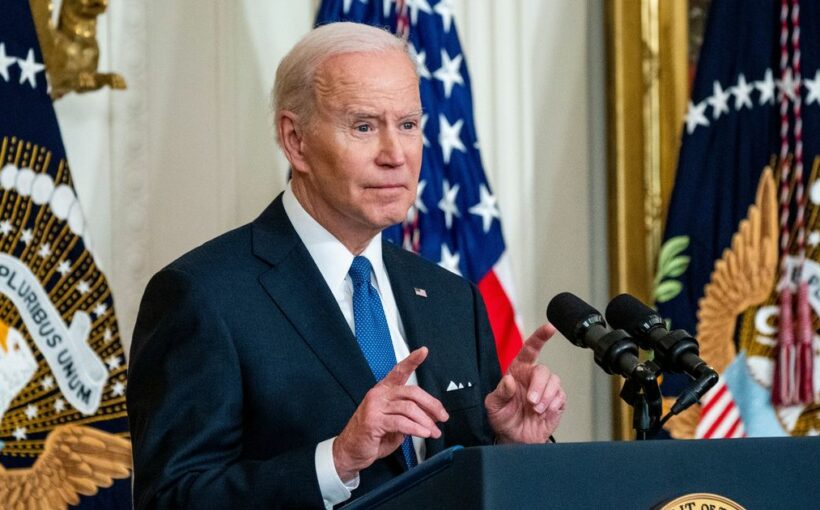Western nations are benefiting from the war in Ukraine with sanctions imposed on Russia part of a US "playbook", China has sensationally claimed.
News.com.au reports on an article in The Global Times, a mouthpiece for the People’s Republic of China, blasting the idea of imposing further boycotts on Russia as it claims the move is part of a US plan.
“To keep the Russia-Ukraine crisis a long way from ending is a clear goal of the US and Western countries as the US and the EU are considering more sanctions against Russia after the unverified alleged ‘war crimes’ in Bucha were exposed,” it said.
The Global Times story includes quotes from Chinese academics who claim the sanctions will benefit the US.
Renmin University of China director of the institute of international affairs Wang Yiwei said hostility between Russia and Ukraine favours the US "playbook".
Xiamen University director of energy economics research Lin Boqiang attempted to explain how the western countries would benefit.
“In any case, the US must be the big winner in the Russia-EU tension. The US has been trying to sell its shale gas to the EU. It couldn’t sell its gas before because the price was too high,” said Lin.
Already Russia has been hit with huge economic punishments and hundreds of private companies have stopped working with the nation since the invasion on February 20, 2022.
Putin using 'hunger as a weapon' to starve Ukraine, president Zelenskyy says
The European Union has flagged future sanctions, with the US and NATO nations likely to follow, after allegations of war crimes levelled at Russia.
Horrific images have surfaced after Russians attacked the town of Bucha near Kyiv, with evidence of mass rape and murder by Russian troops and the UN set to investigate.
The Global Times story was published as western nations consider a slew of new sanctions.
European Commission head Ursula von der Leyen said their proposal of future sanctions includes a ban on coal imports, a ban on Russian ships entering EU ports and a ban on Russian companies competing for EU contracts.
Source: Read Full Article




